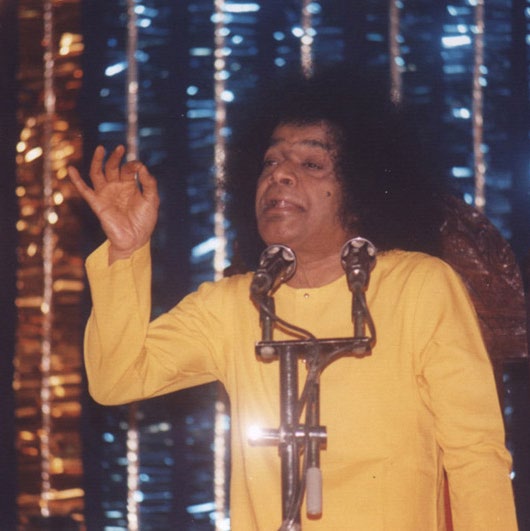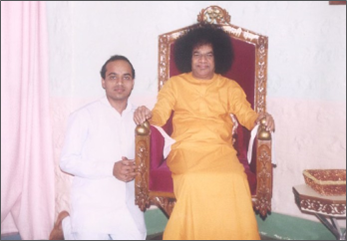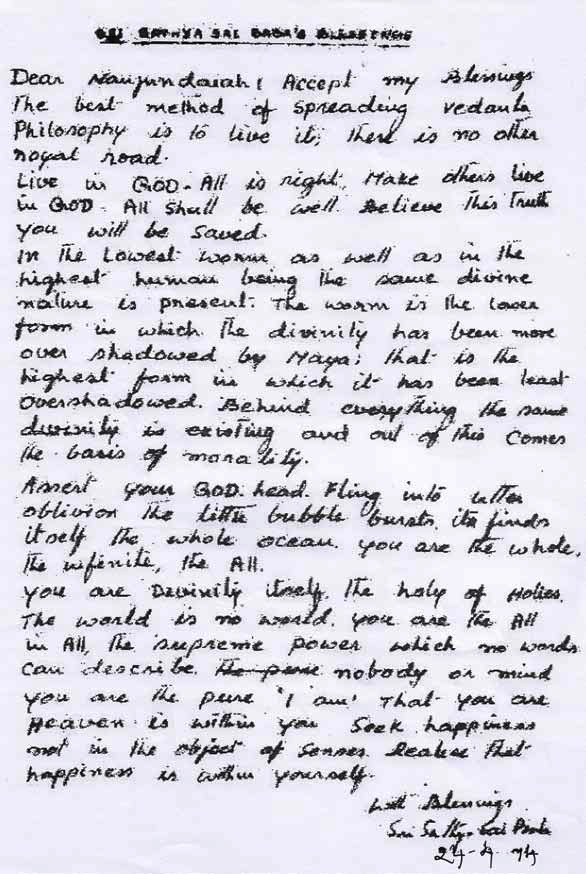2013 Autumn Edition
Life is a Game, Play it!
On 25th June 1983, India announced its arrival on the world stage when Kapil Dev and his boys won the third Prudential World Cup by beating the mighty West Indies at the Lords Cricket Ground. John Woodcock, the editor of 1984 Wisden Cricketers’ Almanac, wrote: “The World Cup was a great success and India’s victory a splendid surprise. They brought warmth and excitement in the place of dampness and depression.”
June this year has been a memorable month for the Indian Cricket Team when playing One Day Internationals in England. Why? Because 30 years later, on 23rd June 2013, a young Team India ably led by M S Dhoni announced their arrival on the international stage by winning the last edition of the Champions Trophy on a rain soaked day at Edgbaston, Birmingham. India had been the team of the tournament. They played with flair and style and won the hearts of Cricket lovers who watched them show case their talent during the tournament. The team of 2013 too brought excitement in the place of depression among Indian Cricket fans.

But wait… For a minute, let us pause singing the paeans of Indian cricket. What is it that has made the game of Cricket so endearing to the Indian masses? Is it because intelligence is more important than physicality in this sport? Or, is it because, in the words of a prominent Indian Sociologist, “Cricket is an Indian game accidentally invented by the English.”?
Talking about Cricket, Prince Philip once remarked, “There is a widely held and quite erroneous belief that cricket is just another game.” Lord Harris, in a letter to The Times in 1931 described Cricket as, “To play it keenly, honourably, generously, self-sacrificingly is a moral lesson in itself, and the class-room is God’s air and sunshine.” What does the Lord Himself say about the game of Cricket?

Speaking to a group of students in the interview room at Prasanthi Nilayam in January 1985, Bhagawan said, “Cricket is a psychological game, and also a deeply spiritual one. It is a game wherein the body is not exercised so much as the mind. Cricket is a game of strategy wherein one team tries to apply psychological pressure on the other and whoever holds their nerves will win the game. It is popular, because it is more a game for the mind than for the body. Cricket is a game of decisions – the decision to field or bat first, the decision to set the right batting order, or to set the right field for every batsman and choose the right bowler at the right time. It is a game of decision-making.
But decisions are not taken by everybody. Every decision needs a leader, a person who guides and encourages the players in circumstances that change from moment to moment. He is the captain of the team to whom other players look up to. So, cricket is a game of leadership. But a leader does not take decisions by Himself; he has to work with his team. Team spirit is very important. Therefore, cricket is a team game wherein players have to help and sacrifice for each other.”

“Then, what has cricket to do with spirituality?” asked Bhagawan. He answered the question Himself. “You have heard Me say, ‘Life is a game; Play it.’ Cricket is a good example. The three stumps that you are trying to guard are the three aspects of your personality – Physical self, Psychological self and Spiritual self. The batsman is the Jeevatma or individual soul who wields the bat of the mind in many ways. If he does not know how to use this bat of the mind, he cannot do much to protect himself; his own mind destroys him. What are the balls he faces every time? Each and every ball is an experience, a situation presented to him in the game of life. It is a chance given to him to see how he handles that experience. A fast ball is like an experience that comes up suddenly. How does a batsman react to it? Does he calmly leave the ball or does he go on to defend or does he become desperate and commit a mistake? The batsman should try to figure out what kind of ball is bowled at him and handle it accordingly. The only weapon that he has in his hand is his mind. Therefore a good batsman is one who has control over his mind. Only then will he succeed in the game of life!”
(Source: Sathyam Sivam Sundaram – Volume 7)




